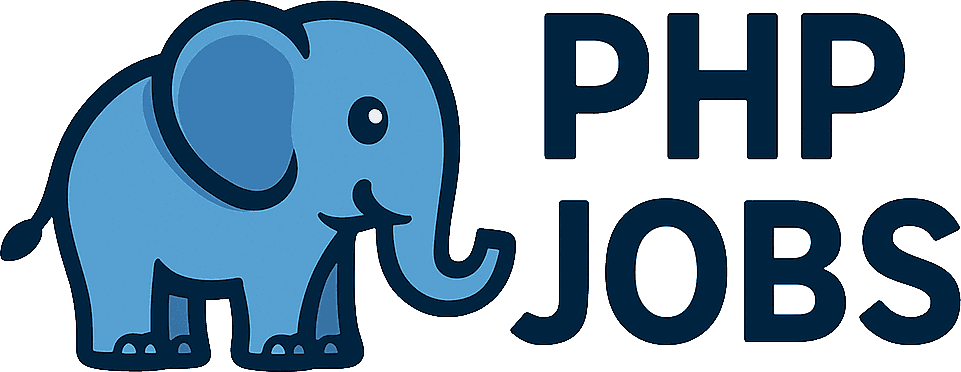Scalability
In PHP development, scalability refers to the ability of an application to handle a growing amount of traffic and data without a degradation in performance. Roles focused on scalability are crucial for high-traffic websites, e-commerce platforms, and SaaS products where performance directly impacts user experience and business success.
Designing for High Performance
A developer focused on scalability moves beyond writing functional code to architecting entire systems for growth. This involves implementing strategies to distribute load, minimize latency, and ensure high availability. The goal is to build applications that can be scaled horizontally by adding more servers, rather than just vertically by upgrading a single server's resources.
Essential PHP Scalability Skills
- Caching Strategies: Proficiency with tools like Redis, Memcached, and Varnish to reduce database load and speed up response times.
- Database Optimization: Skills in query tuning, proper indexing, and setting up read replicas or database clustering.
- Asynchronous Processing: Using message queues like RabbitMQ or SQS to offload long-running tasks from the main application thread.
- Stateless Application Design: Building applications where user session data is stored externally, allowing any server to handle a request.
- Containerization: Experience with Docker and Kubernetes to manage and scale application deployments efficiently.






